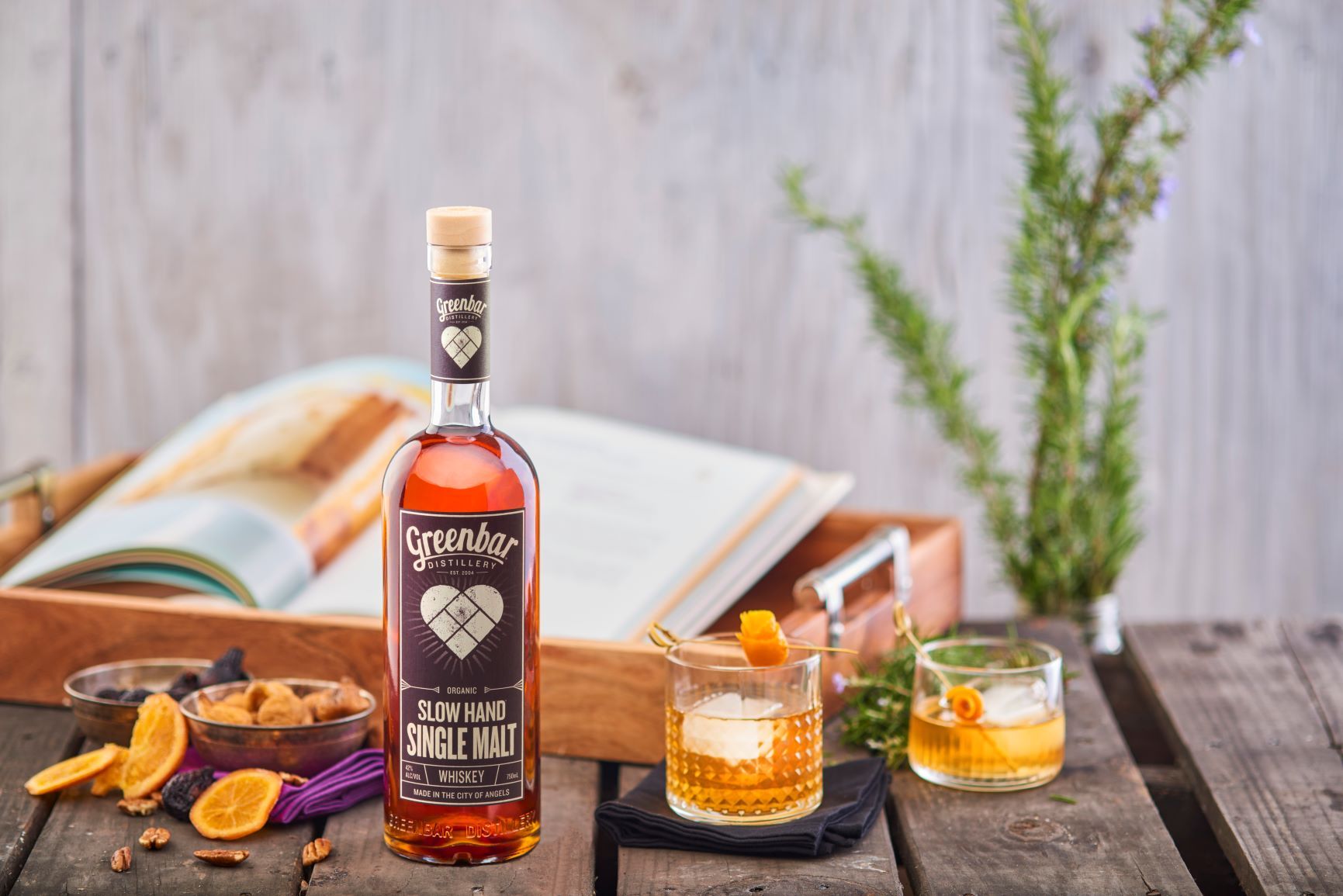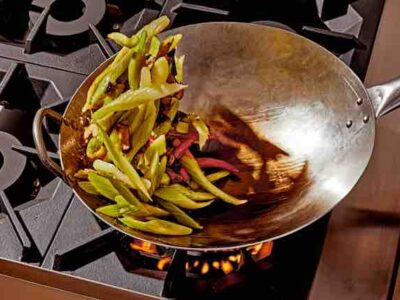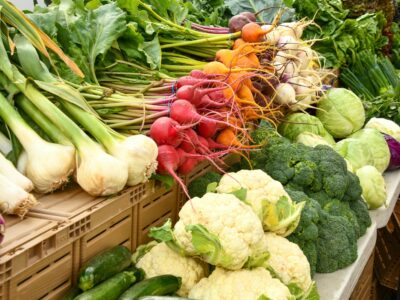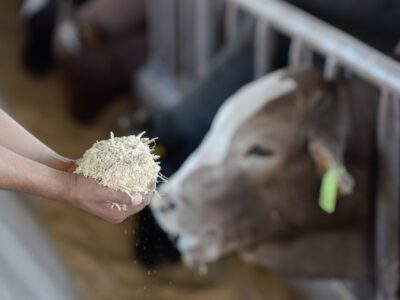The story of American craft whiskey is the story of innovation — the underdog willing to reinvent the wheel, not discriminating on how to do it, borrowing wisdom from disparate sources like beer brewers and wine vintners, thinking outside the barrel. What started just two decades ago with a handful of pioneer distillers, has grown into a full-fledged movement with over 570 small whiskey distilleries operating in the United States today. Some small startups in Colorado, New York and Texas had to fight their way to survival, lobbying state governments to amend laws preventing their existence.
Firmly established now, the craft distillery is more than a new approach to whiskey, it’s a new approach to life for distillers leading the industry in both quality of production and sustainability. Today even big liquor is taking notice, with most of the major producers operating a craft distillery of some kind for both marketing and experimentation purposes. Part of what makes craft whiskey stand out is its emphasis on terroir — the land, the weather patterns, basically all the natural, local resources that make the whiskey taste and feel unique to that specific distillery. With just a handful of elemental ingredients — water, grain and yeast — to make the magic happen, protecting and preserving the distillery’s natural resources becomes priority number one. This is good news for the planet since more than 120 billion pounds of agricultural crops are grown for alcohol production annually. Farming practices, whether sustainable or conventional, contribute largely to the environmental impact of whiskey. The distillation process itself weighs the heaviest on whiskey’s carbon footprint, requiring high levels of energy to heat and purify the alcohol and to handle mash waste left over at the end of distillation, not to mention the significant packaging and transportation needs once the whiskey is ready to drink.
San Francisco craft distillery Endless West has paved a third way for whiskey makers, forgoing long, energy-sucking distillation practices, shrinking what could take four plus years from barrel to bottle, down to a 24-hour process. They’re calling it Glyph, the world’s first molecular whiskey, and it doesn’t require aging, barreling or much wood, water or land at all. Started by two scientists and a sommelier, the Glyph team began by defining exactly what they wanted to taste from flavor to mouthfeel to aroma. Then they identified the notes that could produce those characteristics, gathering the molecules from acids in citrus, sugars in corn and cane, spices well, in spices. They blended the “ingredients” with a corn-based neutral and hand-bottled each jar themselves. Voila, whiskey, according to what they define as guiding principles for creating an authentic, aged whiskey– “passion in the craftsmanship, and satisfaction behind every sip.”
A ways south on Route 101, Greenbar Distillery is taking a different approach with their Slow Hand Single Malt Whiskey made by cold-fermenting malted barley into a delicious beer, and then distilling it into whiskey. The spirit is aged in 1,000 and 2,000-gallon white oak vats with house-toasted staves for just under three years. Maker of LA’s first whiskey since Prohibition, Greenbar Distillery offers the world’s largest portfolio of organic, hand-crafted spirits, packaging them in lightweight bottles with 100 percent recycled labels. They even plant a tree for every bottle sold. This effort pays off in big ways as consumers are increasingly concerned with the source of their food and beverages and the impact they have on the planet. Because of this, corporations are looking to go green, and the media is rewarding it in big ways, with attention on small brands that authentically practice sustainability. Case in point is The Berkshire Mountain Distillers, founded in 2007 by Chris Weld. The company is a ‘grain-to-glass’ operation and their award-winning spirits have garnered tons of press for all the right reasons. Each small batch is handcrafted by a hometown team using local ingredients, including botanicals grown in the distillery’s own gardens and water from the granite-fed spring on the property.
Meanwhile in the Pacific Northwest, Bainbridge Organic Distillers has its own claim to sustainable fame in their Bainbridge Yama, the first-ever non-Japanese whiskey to be aged exclusively in hand-crafted barrels made from rare Mizunara oak, harvested from the Japanese island of Hokkaido. Named Craft Whiskey of the Year by Whisky Advocate and America’s Best Grain Whiskey by World Whiskies Awards, Bainbridge Yama begins its life as organic Full Pint and Alba barley grown in Washington state’s Skagit Valley. In a state known for its incredible agricultural climate, Bainbridge Organic Distillers is Washington’s only grain-to-glass USDA Certified Organic distillery. While they assert that distilling organic spirits is significantly more difficult than making spirits with conventionally grown crops and genetically modified yeasts and enzymes, they are committed to the cause, finding the trade-off to be well worth it.
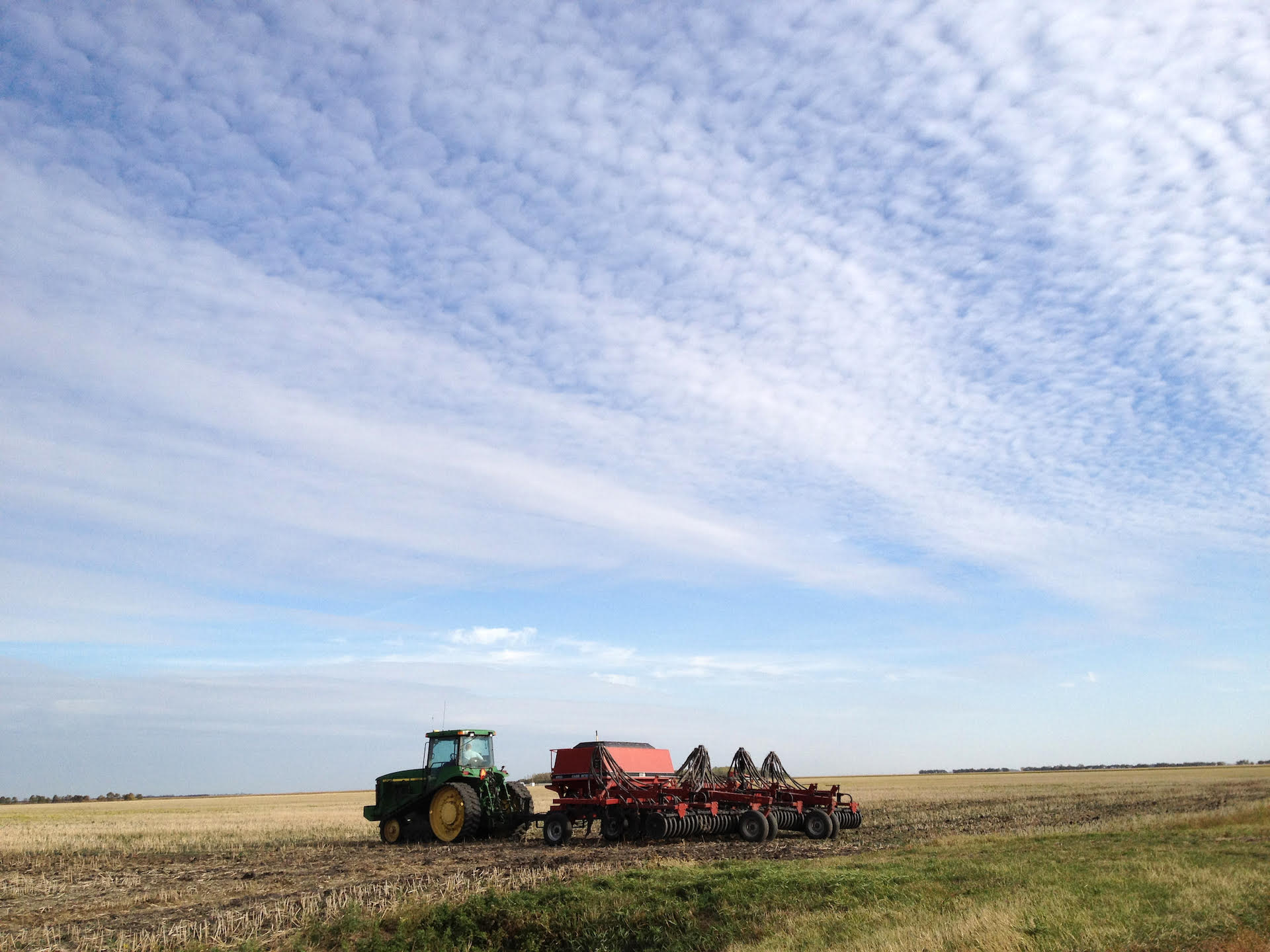
While sustainability and green practices can bring to mind added expenses, that doesn’t have to be the case says Mike Swanson of Far North Spirits in northern Minnesota. “If your sustainability initiatives have been thought through, they shouldn’t be expenditures—they should be money savers.” This has proven true for him and his wife, Cheri Reese, who started Far North Spirits on their Red River Valley farm in 2013. The Swanson family has farmed the land since 1917, upholding a long-term commitment to building a sustainable future by bettering their community and the world beyond. Far North Spirits grows 90 percent of their grain, everything except malted barley, right there on the farm. They get the barley from a neighboring farmer and they buy barrels from a Minnesota cooperage. The heat from production warms the distillery in winter and their composting and recycling is so effective, they don’t even own a dumpster. Far North lives up to its promises, serving the land and the local community by minimizing the use of herbicides, rotating their crops, and offering jobs to local farmers during the slow winter months. At Far North, sustainability is a way of life. “It’s really a paradigm shift,” says Swanson. “You’re looking to make your presence in the world a beneficial thing.”

